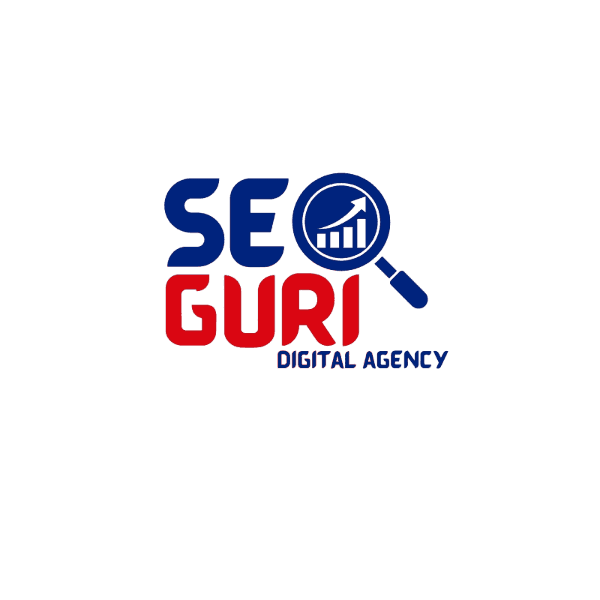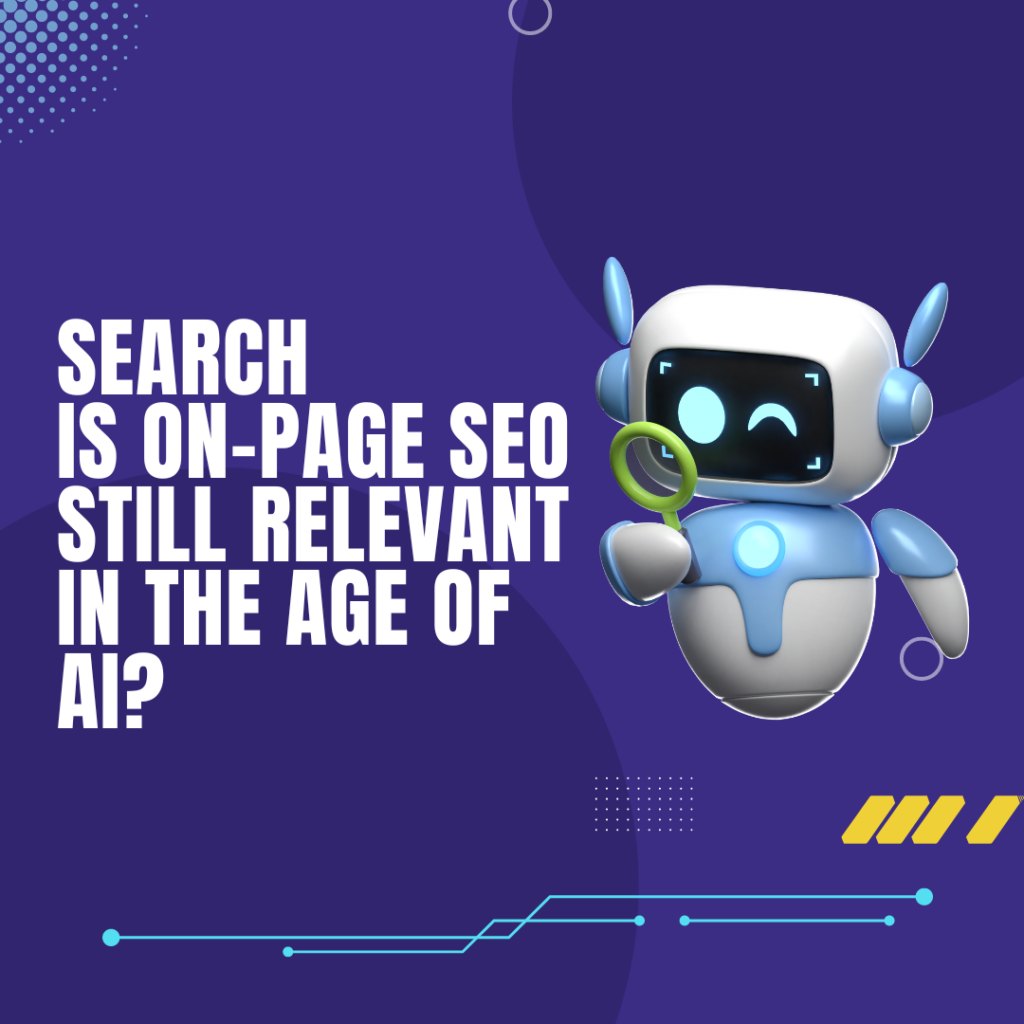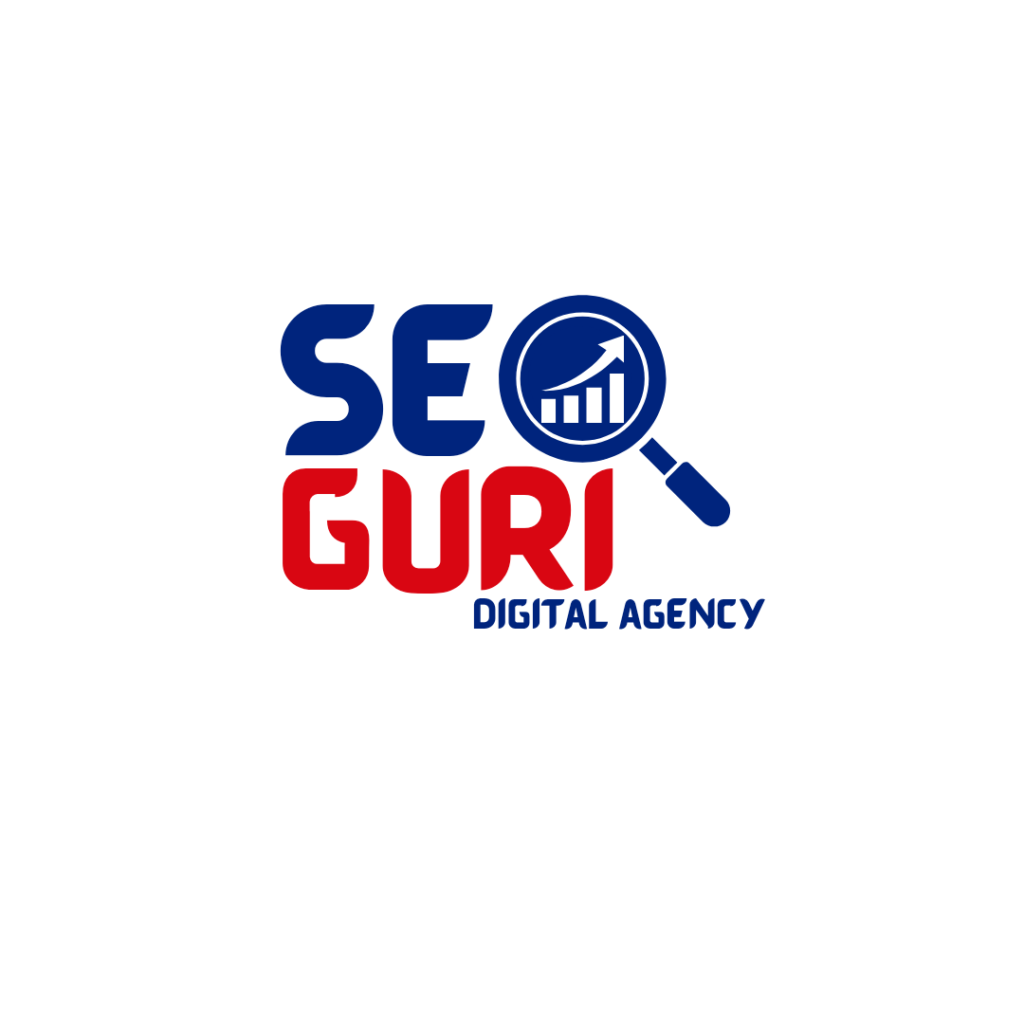With artificial intelligence evolving progressively essential to our everyday existence and search engines such as Google incorporating AI at extraordinary degrees, it’s vital to review the basics of SEO. Does on-site SEO still count? Let’s investigate how is on-page SEO still relevant in the age of AI.
The Rise of AI in Search
AI has been a revolution for decades, and its power continues expanding. We observe AI’s effect universally, from Google’s AI summaries to Apple’s inclusion of OpenAI into their ecosystem. With these progressions, it’s simple to question if the fundamental tenets of SEO remain significant. Do we still require a robust groundwork in on-page SEO to enhance our sites and brands digitally?
Even with AI’s advancements, the core principles of on-page SEO, such as quality content, keyword optimization, and user experience, remain essential. AI may change the tools and methods we use, but a solid on-page SEO strategy is still crucial for achieving online visibility and engagement.
Insights From the Google Search API Leak
Owing to a recent Google Search API documentation leak, we acquired priceless perspectives into how Google regards on-page SEO. The judgment? On-page SEO still holds a pivotal part. Let’s dissect the vital components of on-page SEO and how they affect your website’s functionality.
This leak sheds light on how elements like meta tags, header structures, and internal linking are evaluated by Google’s algorithms. Moreover, it reinforces the importance of content relevance, page load speed, and mobile-friendliness in enhancing your site’s ranking and user experience. Thus, integrating these factors into your SEO strategy is indispensable for staying competitive online.
Title Tags: The First Impression
Title tags are critical. In line with the leaked API papers, Google assesses how effectively a page heading addresses the query, utilizing metrics like superior term coverage analysis. This implies your heading should precisely represent your page’s material and align with the user’s search intent. Shun clickbait and ensure your headings establish trust with your audience.
Meta Descriptions: Context Matters
For decades, Google asserted meta summaries don’t impact SEO directly. Nonetheless, they still hold considerable importance in offering context to users. Redundant or poor-quality meta summaries can damage your site’s effectiveness. Ensure your meta summaries are pertinent, contextual, and distinctive to each page.
Content Quality and Structure
Content remains monarch. Google evaluates material caliber based on elements like medium, paragraph spacing, font size, and average words per paragraph. Your material should be well-organized, legible, and informative. Furthermore, Google employs Natural Language Processing (NLP) and semantic analysis to comprehend the context and pertinence of your material.
Integrating multimedia elements such as images and videos can boost user engagement and retention. Additionally, keeping your content updated and relevant to current trends can significantly boost your rankings. By ensuring your material is both high-quality and contextually appropriate, you can effectively meet user needs and improve your site’s overall performance.
Content Freshness and Updates
Maintaining your material current is vital. Google regards content age and modifications when ranking pages. Frequently refresh content that necessitates freshness and confirm your site’s data stays up-to-date and pertinent.
Additionally, integrating the latest industry trends and data can provide significant value to your audience. Regularly auditing content to pinpoint outdated information and updating it with current insights can boost credibility and foster user trust. Moreover, fresh content can stimulate return visits and boost engagement metrics, which are increasingly important in Google’s ranking algorithms. Keeping your material timely and accurate is crucial for sustained online success.
Page Features and Snippet Creation
Organized material is more inclined to be showcased in snippets or emphasized in AI summaries. Utilize headers, bullet points, and straightforward answers to questions to boost your likelihood of featuring in these prized spots on search engine results pages (SERPs).
Moreover, implementing schema markup can further enhance your content’s visibility to search engines, making it easier for them to interpret and display your information. Clear and concise formatting not only helps search engines but also improves user experience by making your content easier to read and navigate. Prioritizing structured and well-organized material can significantly increase your chances of capturing these high-value positions and driving more traffic to your site.
Technical SEO: Rendering and Speed
Page presentation and velocity are crucial. Make sure your content loads swiftly and is easily accessible to users. Technical facets of SEO, such as page velocity and accurate rendering, substantially affect user experience and search standings.
Regularly auditing content to pinpoint outdated information and updating it with current insights can boost credibility and foster user trust. Additionally, utilizing Content Delivery Networks (CDNs) can distribute your content more efficiently across various regions, reducing latency. Regularly testing your site’s performance using tools like Google PageSpeed Insights can help identify and rectify issues. Prioritizing these technical elements ensures a smoother, faster user experience, which is vital for maintaining strong search rankings and visitor retention.
Image Optimization
Images are progressively crucial in search outcomes. Enhance pictures for speed and pertinence, and use significant alt attributes. Confirm your pictures are contextually pertinent to the accompanying text to improve user experience and SEO effectiveness.
Internal Links: The Web Within Your Site
Proper internal linking is vital for both site navigation and SEO. Appropriately utilize internal links to direct crawlers through your site efficiently. Links positioned in prominent positions carry additional weight, so guarantee your internal linking approach is sturdy and well-considered.
Best Techniques for Internal Links
• Insert Nofollow to Unrelated Links: Employ nofollow for links that don’t direct to other pertinent content, such as login pages or external advertisements.
• Utilize Descriptive Anchors: Avoid generic anchors like “learn more.” Be descriptive regarding the target content.
• Sustain Link Freshness: Regularly refresh internal links to confirm they point to the most recent and pertinent content.
Conclusion:Is on-page SEO is relevant in the age of AI
Despite the progress of AI, on-page SEO remains a crucial aspect of digital marketing. The recent Google Search API leak verifies that core SEO practices like optimizing page titles, meta descriptions, content excellence, and internal linking are still essential. As digital marketers, we must balance utilizing AI tools with maintaining human-centered marketing approaches.
Remember, while AI can assist in optimization, it cannot substitute the nuanced comprehension of human behavior and emotions that we, as marketers, provide. Stay updated with your SEO techniques and remain proactive in this continuously changing digital environment. Additionally, continually analyze user feedback and adapt strategies to meet evolving trends, ensuring that both technology and human insight drive your success in the digital realm.
For more information visit – https://seoguri.com/


